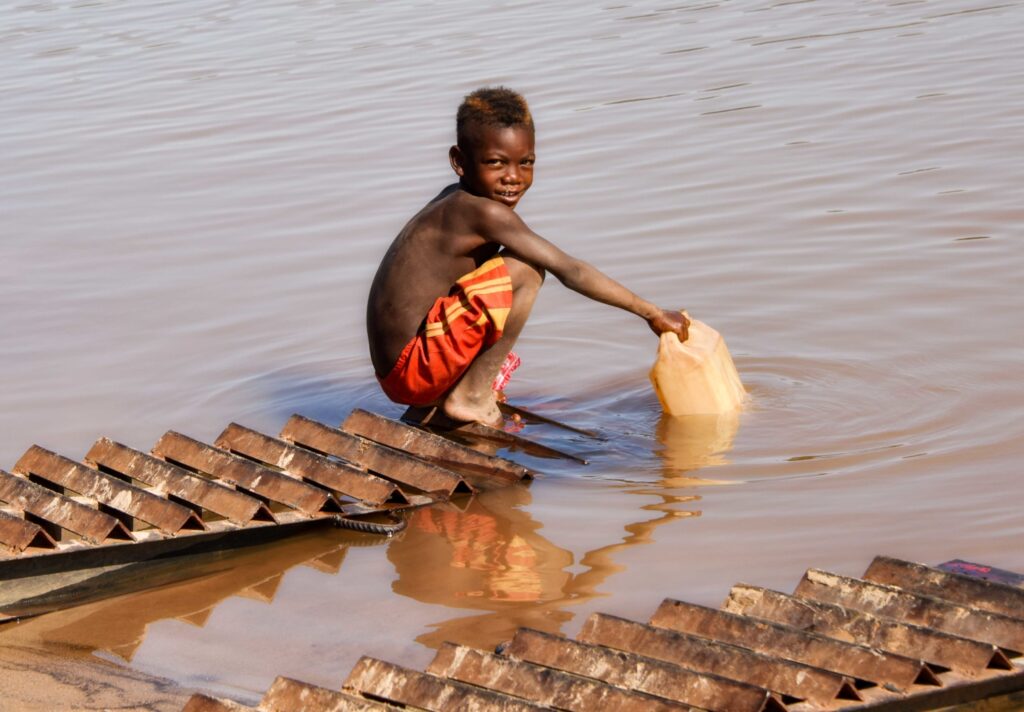
Access to adequate sanitation facilities and safe hygiene practices is still a luxury for millions of Africans. In rural and urban areas alike, inadequate sanitation infrastructure, open defecation, and poor waste management contribute to the spread of diseases and environmental degradation.
Lack of sanitation facilities in schools affects the education and health of African children, particularly girls who often miss school during menstruation due to a lack of private facilities. Furthermore, unsafe sanitation practices pose serious health risks, with waterborne diseases like cholera, dysentery, and typhoid fever remaining prevalent in many regions.
Government Commitment to Change
African governments are increasingly recognizing the importance of improving sanitation and are taking concrete steps to address these challenges. National sanitation strategies, public awareness campaigns, and infrastructure development projects are among the measures being implemented.
For example, in Kenya, the government’s “Clean Kenya Campaign” aims to achieve universal access to basic sanitation services by 2030. In Nigeria, initiatives such as “Clean Nigeria: Use the Toilet” are working to eliminate open defecation through the construction of public and household toilets.
International Partnerships
International organizations and NGOs are playing a crucial role in supporting African nations in their sanitation endeavors. Organizations like UNICEF and the World Health Organization (WHO) are working in collaboration with local governments to provide technical expertise, funding, and resources to improve sanitation infrastructure and hygiene practices.
“The importance of sanitation cannot be overstated. It impacts the health, dignity, and overall well-being of individuals and communities. UNICEF remains committed to supporting African countries in their efforts to provide clean and safe sanitation facilities for all,” stated John Smith, UNICEF’s Regional Director for Africa.
Community-Led Initiatives
At the grassroots level, communities are also taking action. Local leaders and organizations are promoting sanitation awareness and encouraging the construction of improved sanitation facilities. These community-led initiatives empower individuals to take ownership of their sanitation needs and contribute to the broader efforts to improve hygiene practices.
The Way Forward
While significant progress has been made, challenges persist, and Africa’s sanitation journey is far from over. Sustainable solutions require continued investment, collaboration, and innovation. African nations are increasingly focusing on environmentally friendly and cost-effective sanitation technologies to ensure long-term success.
In conclusion, Africa is making commendable efforts to address its sanitation challenges. By working together at local, national, and international levels, African countries are moving closer to a future where every individual has access to clean and safe sanitation facilities, thereby improving health, fostering economic development, and preserving the environment. Africa’s pursuit of a cleaner future is a testament to its resilience and determination to overcome adversity.
